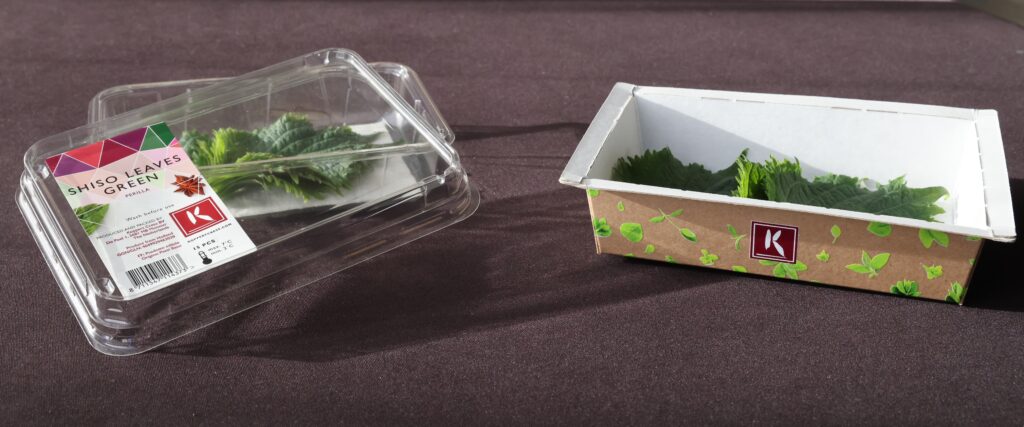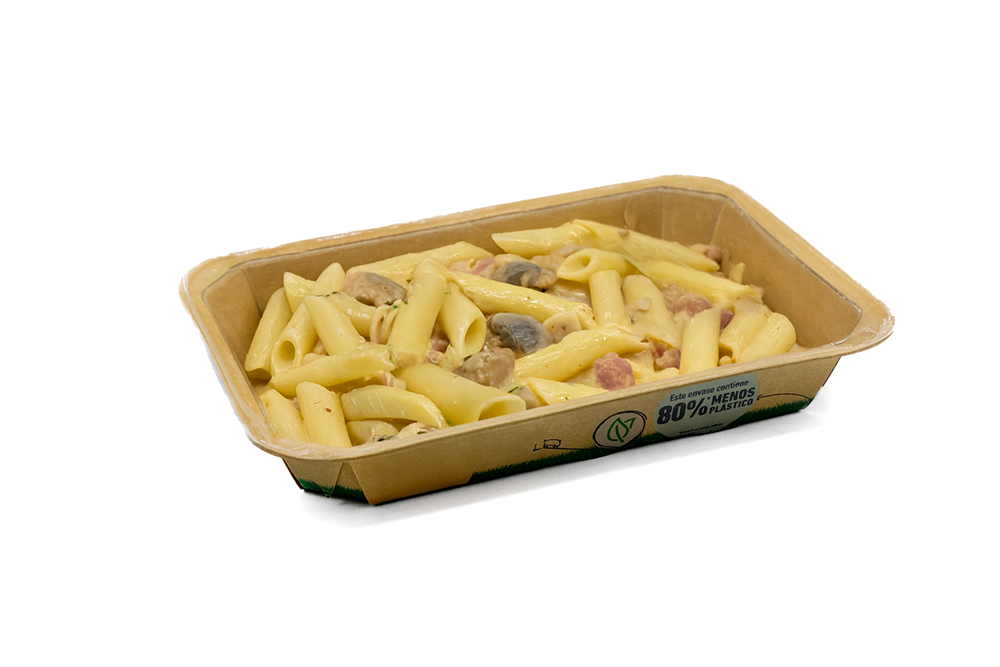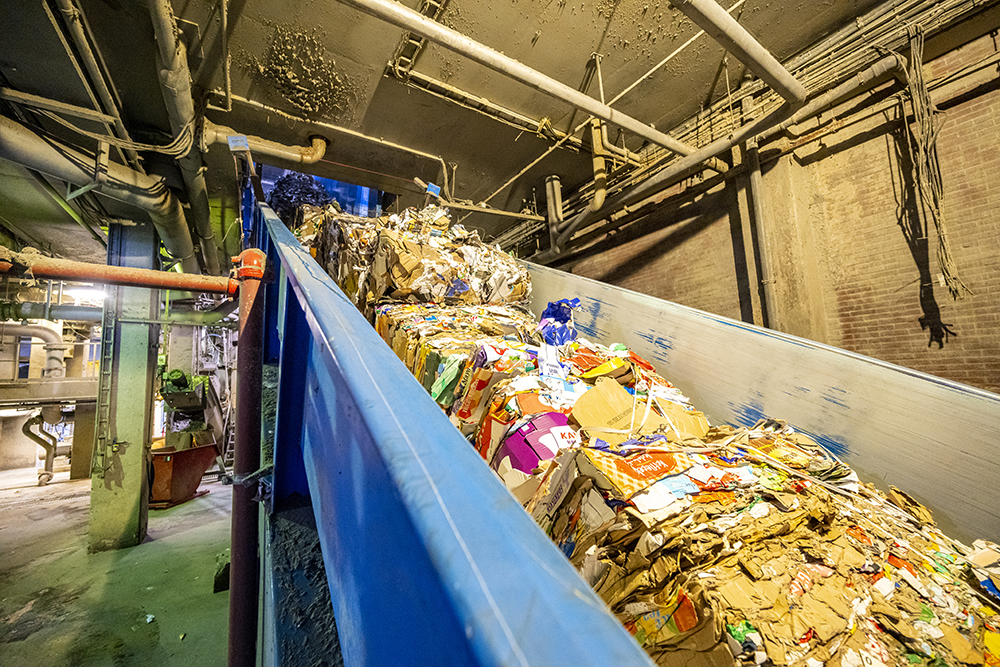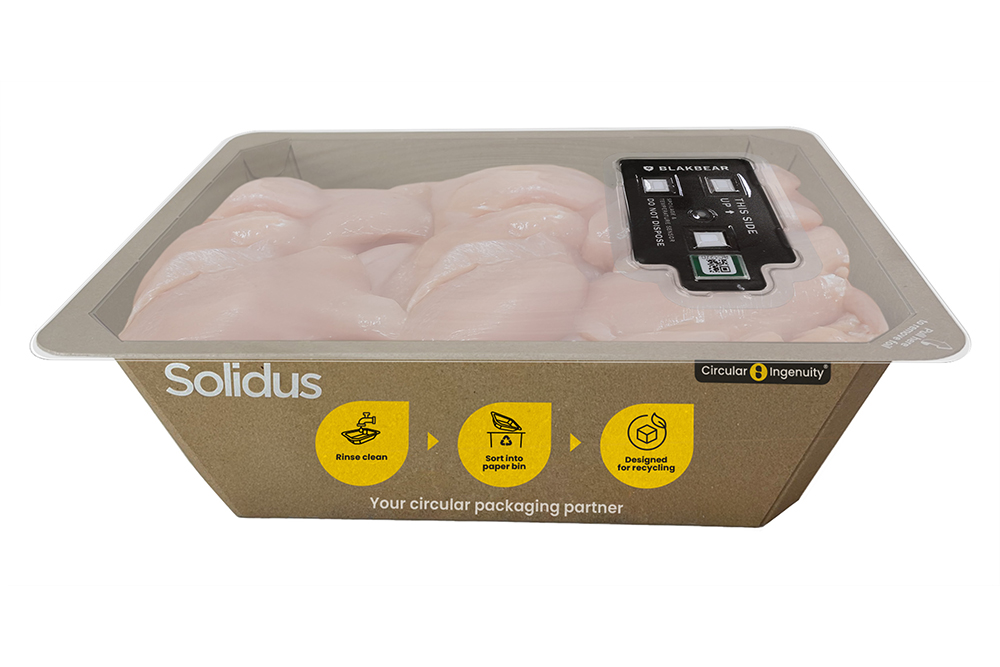Blog
Solidus & Koppert Cress: Collaborating on future-proof sustainable packaging
Solidus and Koppert Cress have joined forces to develop sustainable packaging solutions aimed at reducing the carbon footprint, improving recyclability and maintaining the high quality of Koppert Cress products.
In a recent podcast episode, Jesse Rep, Head of Sustainability at Solidus, gave an insight into how the partnership between the two companies began. With its expertise in sustainable packaging, Solidus has contributed to the development of future-proof and circular packaging for Koppert Cress.
Koppert Cress, known worldwide for its microgreens and edible flowers, supplies top chefs and has a strong focus on sustainability and circularity. This commitment extends beyond sustainable cultivation methods to environmentally friendly packaging choices. By working with Solidus, Koppert Cress ensures that its packaging not only protects its products, but also contributes to a more sustainable world.
Sustainable packaging and circular processes
At Solidus, circularity is at the heart of everything we do. “Our packaging is made of solid board, which consists of more than 90% recycled paper and can be recycled up to 25 times,” explains Jesse. This makes it a perfect fit for Koppert Cress, which strives to minimise waste for its end customers.
The partnership has resulted in tailor-made packaging solutions specifically designed to protect and display Koppert Cress’ delicate products. By choosing Solidus’ sustainable packaging, Koppert Cress not only guarantees the quality of its products, but also ensures optimal moisture resistance, which helps to preserve the freshness of these fragile items.
From plastic to renewable cardboard: the collaboration with Koppert Cress
The collaboration between Solidus and Koppert Cress focuses on the transition from plastic to cardboard packaging, with sustainability and functionality as top priorities. The Solidus Techno Centre has used its expertise to replace plastic packaging with a renewable cardboard alternative. This new packaging offers a 75% reduction in CO2 emissions compared to its plastic counterpart and is more practical for chefs and consumers. After use, the cardboard can be easily recycled through the paper and cardboard recycling stream, which has a recycling rate of over 80% across Europe.

The development of these packaging solutions has been an iterative process. The Solidus Techno Centre provided several prototypes that Koppert Cress tested in real-life scenarios, including professional kitchens. Feedback from chefs and restaurant staff helped to refine the design, resulting in packaging that is not only more sustainable, but also perfectly tailored to the needs of the end user.
Innovating together, supported by the Solidus Techno Centre
The ambitions of Solidus and Koppert Cress go beyond their current achievements. The companies are committed to continuing their collaboration to further improve the sustainability of packaging. The Solidus Techno Centre has developed innovative solutions, including fully fibre-based packaging that offers similar moisture barrier properties to plastic alternatives. These fully renewable packages are free of fossil-based materials and offer an alternative to several other packaging materials.
Solidus and Koppert Cress demonstrate how packaging innovation can contribute to a more sustainable future for both the environment and end users. Their collaboration proves that sustainability and functionality can go hand in hand.
For more insights into the partnership with Koppert Cress, listen to the full podcast:
- On Spotify (in Dutch): https://open.spotify.com/episode/0tdIZ7O9xQVP35f5WbwXUj
- On YouTube (with English subtitles): https://youtu.be/Fqjae4Jpzak


